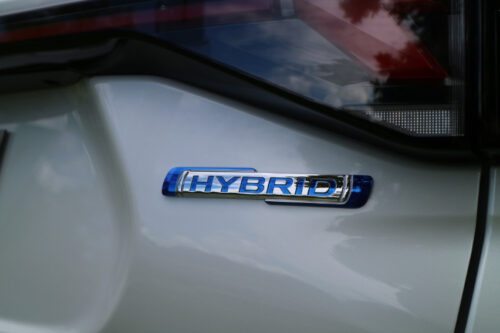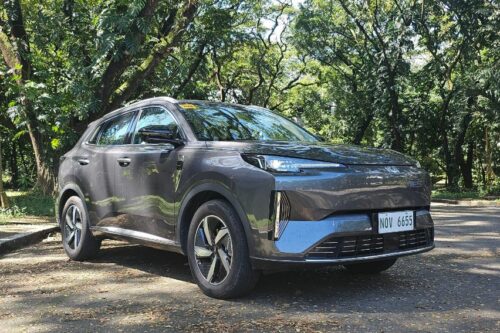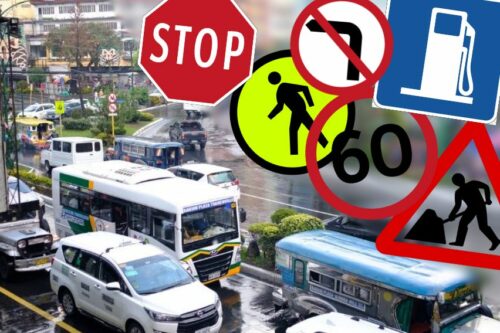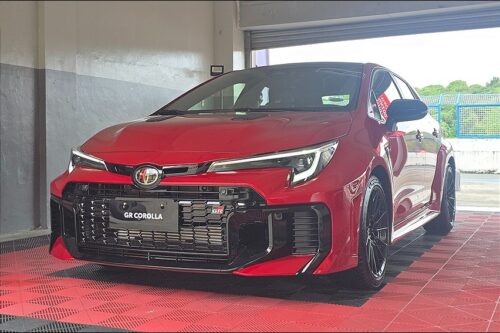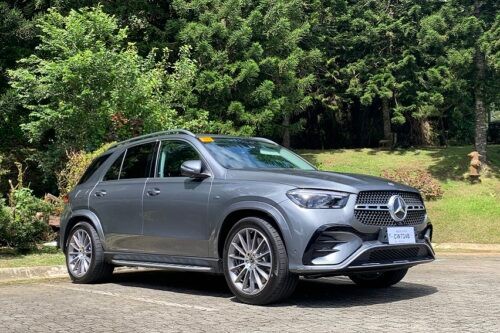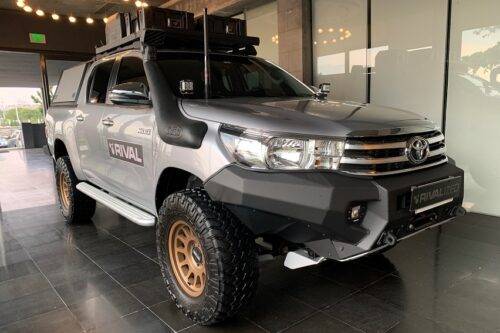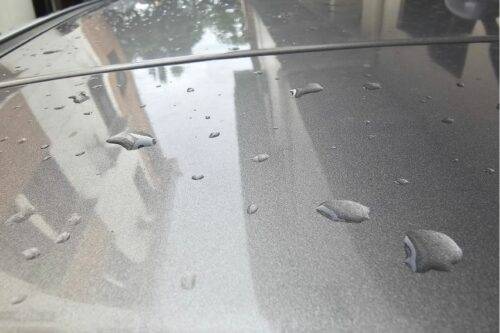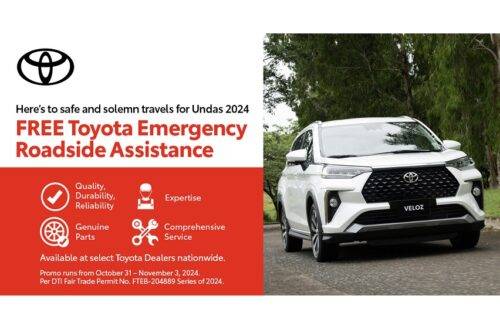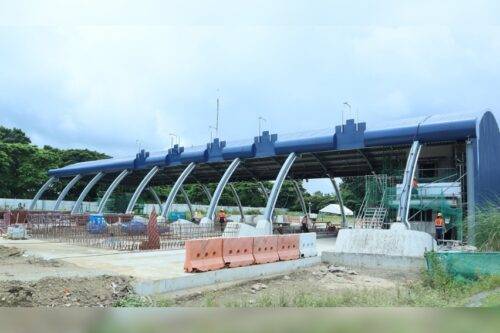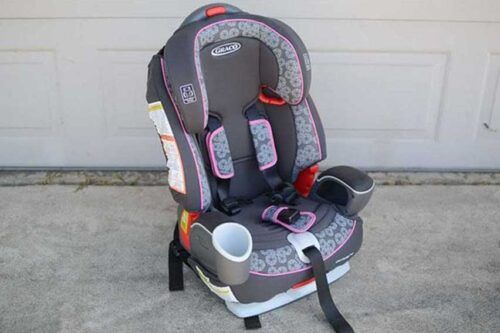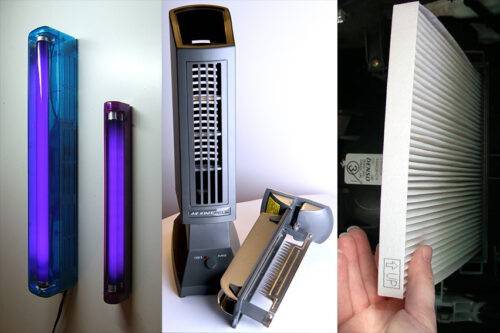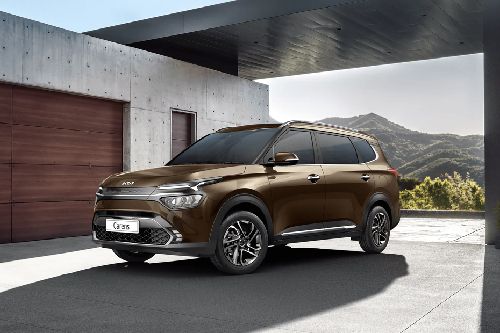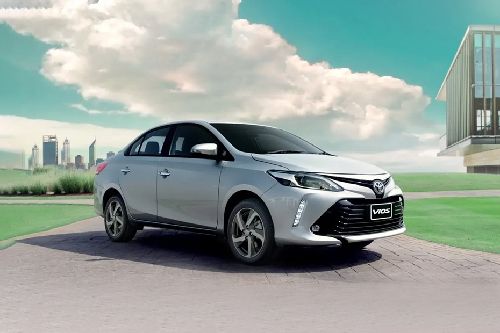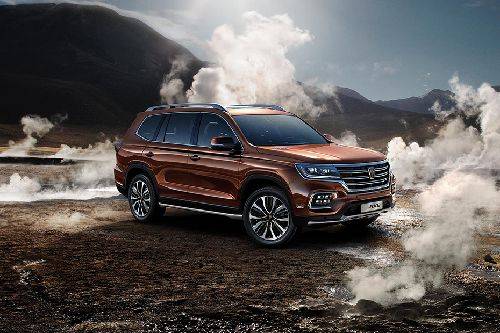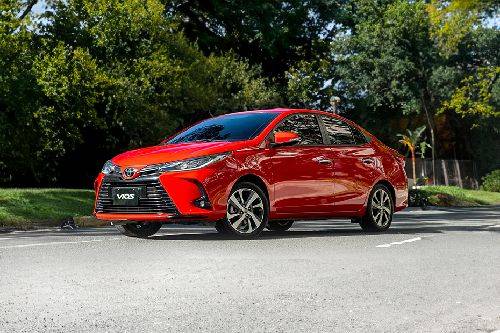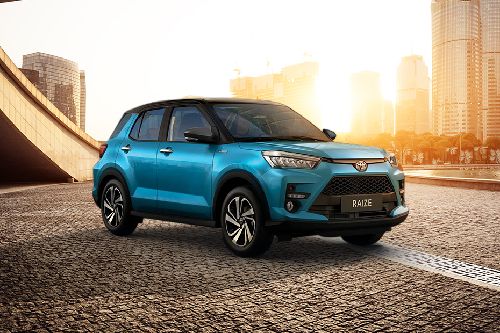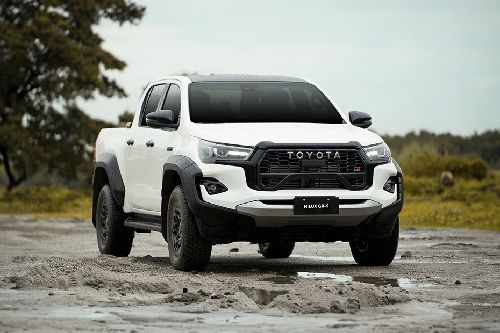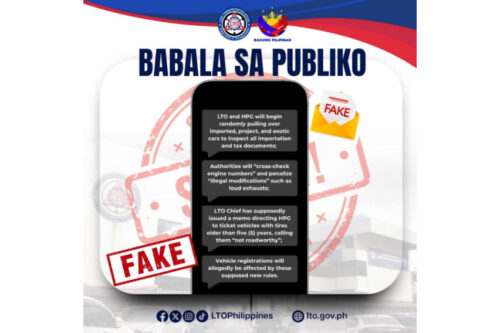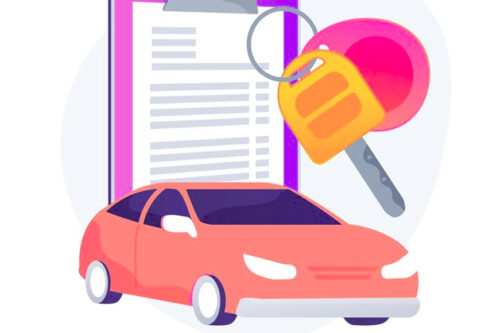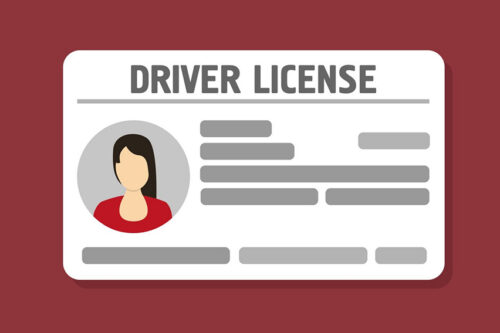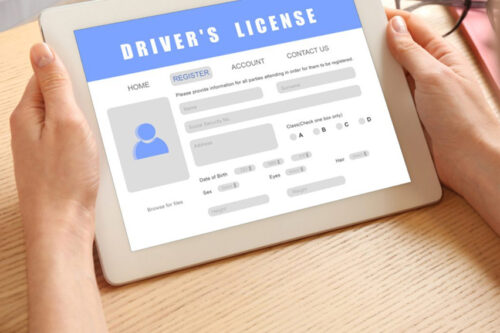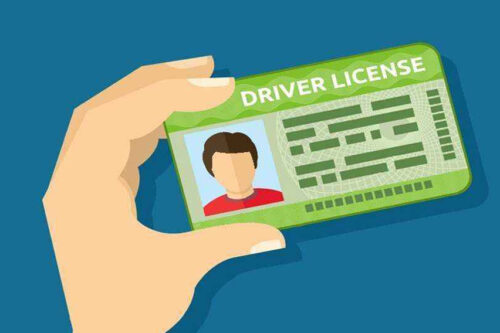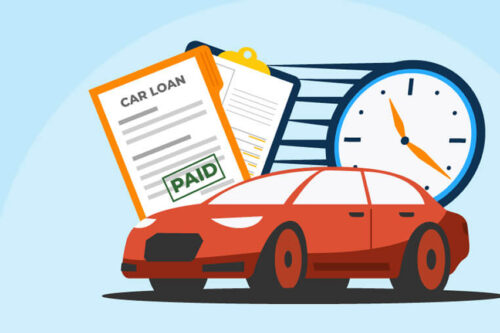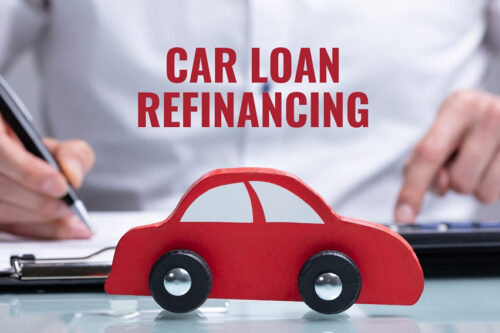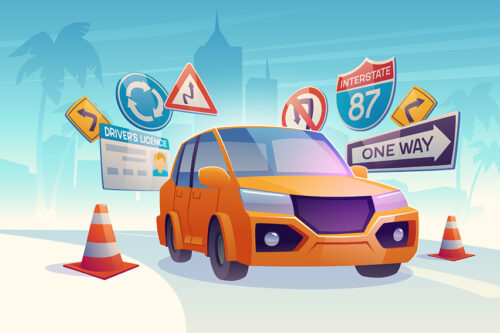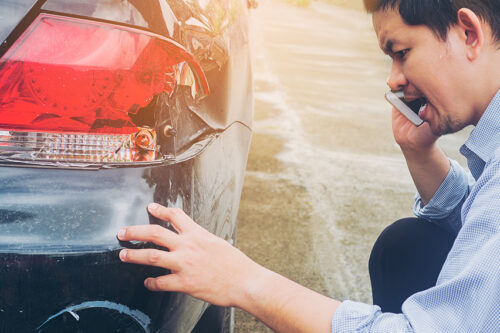10 Maintenance Tips to Extend the Life of Your Car
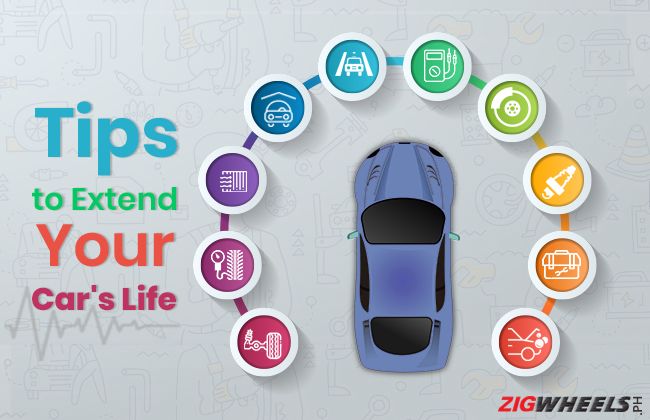
Taking care of your car, in many ways, is like caring for your health. The newer your car is, the better it runs. But with time, it will start demanding more attention. New or old, all cars need regular maintenance. Whether a private owner, fleet operator, or limousine service provider, essential maintenance not only extend your car’s life, it also helps in retaining the ride quality.
Here are some basic maintenance tips that you can follow to keep your car in perfect running condition for years.

1. Check the air filter
Clogged air filters are often a major reason behind several car problems. An air filter prevents dirt and dust particles from entering the engine. While burning the fuel, the motor needs air and a clogged filter will affect its performance. Get the filter changed every year or after 12,000 miles, whichever is earlier. Changing the filer is a must as it averts engine problems and also helps you in breathing fresh air inside the car’s cabin. It’s an easy, 10-minute process.
2. Monitor tire pressure and fluid levels
Tires are among the most important car components. Besides increasing the mileage, proper tire pressure upholds the car’s safety and ride comfort. Monitor the tire pressure at least once a week. Inspecting the fluid level is also a necessity. Open your car’s hood, take out the oil dipstick and check the level. Also, check the oil’s colour and replace it at regular intervals. Check the power steering fluid level, belts, and hoses for wear and tear.
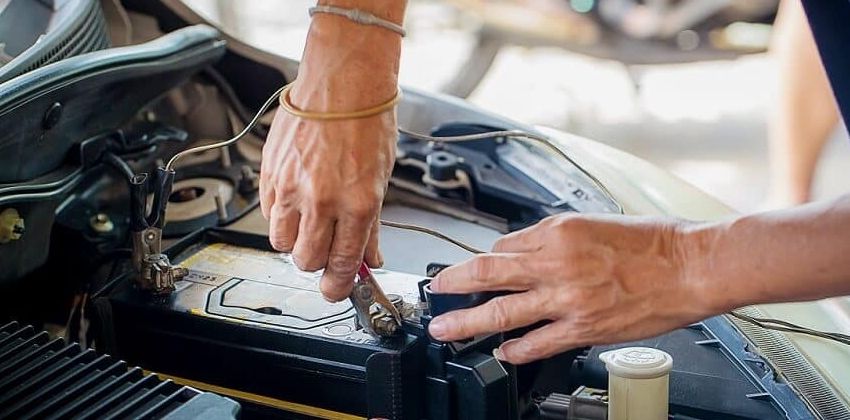
3. Check the battery
Get your battery checked every two months. An exhausted battery can leave you stranded in the middle of nowhere. Use a multi-meter to check the battery’s power level, which is usually 12.4-12.7 volts. Check for sulphur deposits on the battery’s cable connection joints. Use a brush to clean off mineral build-up. You can also apply dielectric grease to keep the joints free from corrosion.
4. Change the spark plugs
Worn out spark plugs is often the single biggest reason behind inefficient engine performance. Spark plugs usually last for around 30,000 miles. Replace them at the first sign of trouble. The owner’s manual will have more information about spark plug replacement.
5. Wheel rotation, balancing, and alignment
Regular wheel rotation and balancing help in preventing premature wearing out of tires and makes them last longer. Rotate your wheels every 6,000-8,000 miles. All tires don’t wear out in the same amount. Rotating the rear and front tires help in forging a balance in the wearing levels. Ensure that the wheels are properly aligned. Non-aligned tires could lead to problems with the steering wheel and overall control. Get the wheel balanced and aligned at a tire workshop.
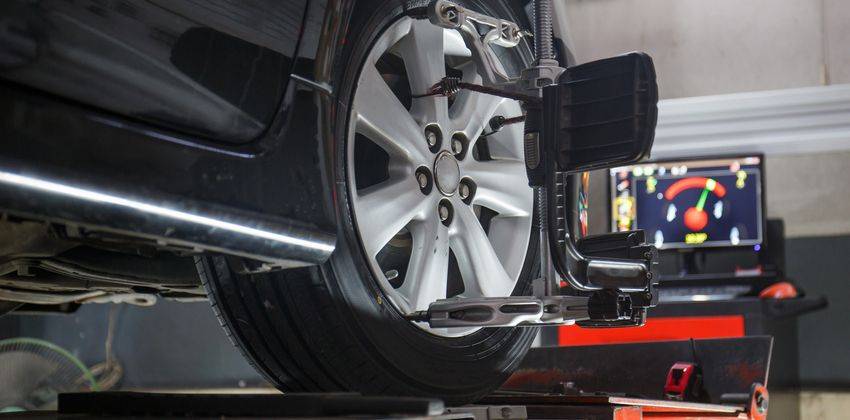
6. Check the brakes
Get your car brakes regularly inspected by a mechanic. Brakes are the most important safety apparatus of a car. Check the brake pedal, pads, and the fluid. Leaking of brake fluids and worn out pads are common issues. Take your car to the mechanic for suspected fluid leaks. This can be checked by mounting the car on the hydraulic and removing the tires.
7. Keep your car covered
A cover protects the car from dents, scratches, bird droppings, and exterior damages. Exposure to nature, especially when the car is not in use, may take a toll on its paint scheme. Also, wash your car regularly and wipe thoroughly to retain the colour and its shine.
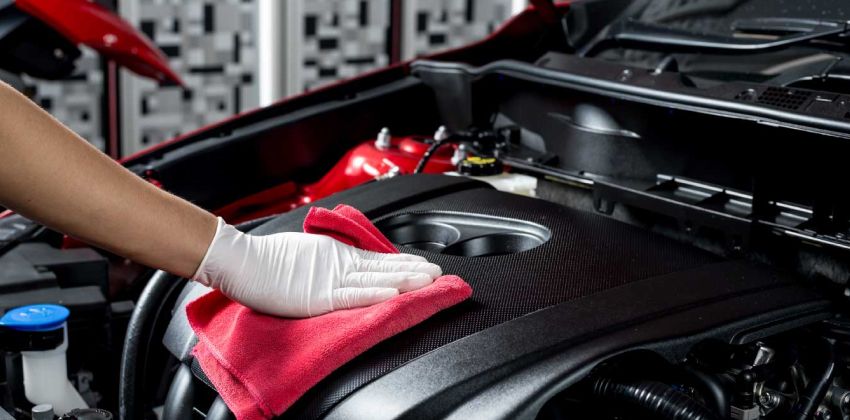
8. Engine cleansing
Exterior engine cleansing is important to extract better performance from your car. Special cleansers remove dust and debris that gathers on the engine over time. Lift the hood and check for leaks, damaged hoses, broken wires, and all things that help an engine run smoothly.
9. Drive better
Your driving habit will impact the longevity of your car. Avoid fast take offs, taking sharp turns, quick braking, riding over bumps at high speed, and hard shifting of gears. These lead to faster wear and tear and may also cause damage. Quick acceleration and sudden application of brakes will reduce your car’s mileage. Remember, driving smoothly saves money on fuel.
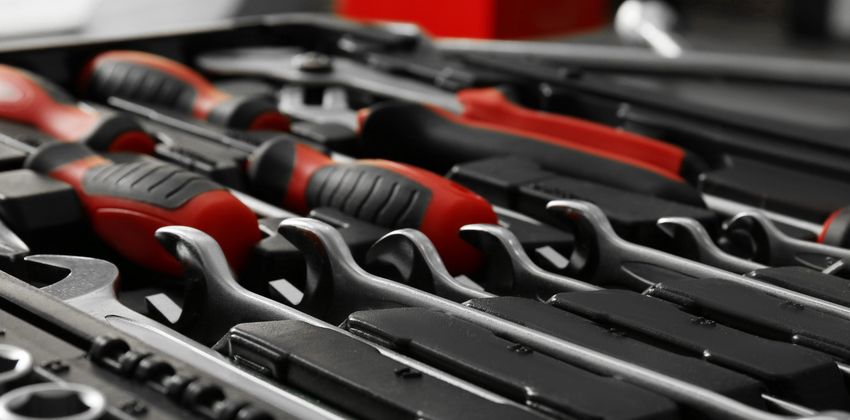
10. Keep a toolkit handy
Keeping a toolkit in your car is always useful. Keep a pair of thick gloves, wire cutter, electrical tape, screwdrivers (both flat and Philips-head), grove and tongue pliers, knife, and a flashlight inside your car. These will help you tackle minor emergencies.
Also Read: Learn how to remove those stubborn car sticker residues
Sell your car at the best price
 Verified and genuine buyers
Verified and genuine buyers
Trending & Fresh Updates
- Latest
- Popular
You might also be interested in
- News
- Featured Stories
Featured Cars
- Latest
- Upcoming
- Popular
Latest Car Videos on Zigwheels

Car Articles From Carmudi
- journal
- advice
- financing
- insurance

